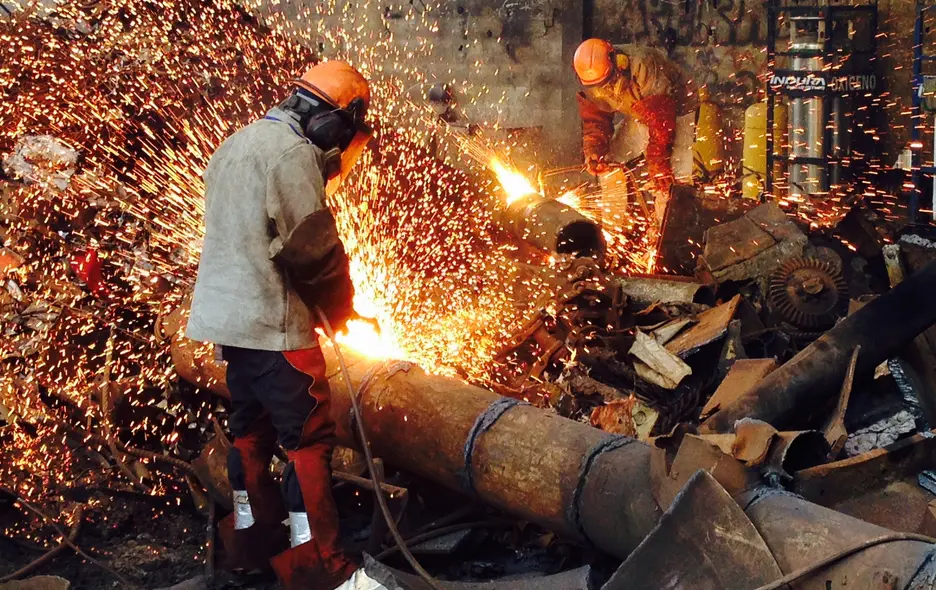Why steel companies are hiring more women

Ecuadorean steel producer Adelca could be considered a unique case even among its male-dominated peers. Nine out of ten workers at the Quito-based company are male, as is its entire senior management team.
While steel manufacturing involves risky and hard work traditionally considered more suited for men, Adelca has recently been hiring more women across all business areas. In fact, the company has engaged in a full-scale program to better understand how to attract and retain more women in their workforce.
As Marco Oleas, Adelca’s Director of Integrated Management, explains, the company is tapping into a more diverse talent pool to increase its financial performance through human resources. Ultimately, the steel producer knows that women are an important part of the workforce the company just can’t afford to pass up if it wants to stay competitive.
To bring in more female workers, Adelca participated in the EDGE Global Gender Certification program, which helped the company assess how it was faring on five aspects considered central to creating a more balanced workforce: equal pay for equivalent work, recruitment and promotion, leadership development training and mentoring, flexible working and company culture.
By becoming EDGE certified, Adelca has turned into a leader on gender equality. It is the first company in Ecuador and the first in its sector to receive this certification. Adelca also joins the ranks of more than 100 of the most recognizable global brands that have taken the same route, including L’Oreal, Ikea, and Deloitte.
For Adelca, the certification process resulted in a concrete action plan designed to help them attract and retain more women. The company will:
1) Carry out systematic wage gap analysis on salaries, bonuses and other benefits each year to ensure that men and women are fairly compensated and that there is no unexplained gender pay gap.
2) Develop policies for gender equity practices in the hiring, promotion and compensation of employees to eliminate the possibility of discriminatory practices.
3) Establish goals and targets for a balanced composition in management teams and incorporate gender equality metrics in the performance evaluation of the management.
Marco Oleas believes that these investments will make Adelca a more attractive company for qualified women employees while ensuring the loyalty and well-being of all employees. As an industry giant, he feels his company has a special responsibility to lead on issues like gender equality. By placing the focus on its employees, the steel manufacturer hopes to provide an example for other companies and encourage them to change traditional patterns.
Throughout this process, Adelca has received support from the Inter-American Investment Corporation, a member of the IDB Group, and the government of Norway through the Gender and Diversity Multi-donor Fund. Leveraging its partnership with EDGE, the Corporation helps its clients reap the business benefits of gender equality in the workplace by examining their talent pipeline and implementing concrete measures to create more gender inclusive companies.
LIKE WHAT YOU JUST READ?
Subscribe to our mailing list to stay informed on the latest IDB Invest news, blog posts, upcoming events, and to learn more about specific areas of interest.
Subscribe



